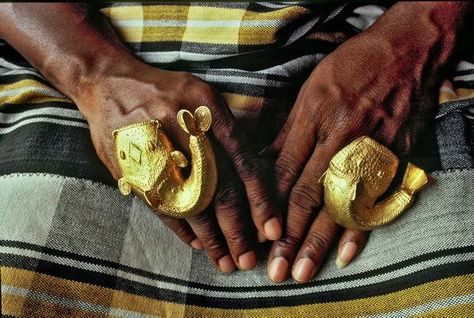Climate Justice:
Climate justice encompasses environmental, social and racial justice.
After my initial reflections on reading material for this topic, I was thankful for the relisation that elements of climate justice does run through my current practice.
UAL released the Climate action plan in 2021. The quote articulates its purpose.
“This plan is a project of cultural recovery. In which issues of climate, racial and social justice intersect to address structural inequalities.”. Till.J (2021) UAL climate action plan
At LCF I taught on a unit called Better Lives. This unit is completed by 1st year fashion design students in their 2nd term. It has been designed to deliver on the themes of Diversity, Social Responsibility and sustainability in fashion, in the hope that students would move into their design careers with the imbedded practice of designing for environmental and social impacts. I delivered lectures and workshops on different approaches to sustainability through design. As a result of the lectures I designed and delivered, the lectures themselves have expanded my own knowledge of the subject. This knowledge of sustainable practices, and experience of teaching, helped me understand ways to change the way we teach in order to address the issues. I now embed this knowledge into my current DPS practice and the question of sustainability has been added to the DPS final placement report.
One area covered in UAL’s Climate Action Plan, is the intension to change the way we teach.
It highlights that, we not only change what we teach, but also our approach to teaching and learning. Using the science of climate change, students are introduced to different systems of thinking that in turn enable them develop skills and make better creative decisions.
An aim is for teachers to be supported and trained in the areas of climate justice so that they feel confident in their knowledge and skills to make changes to their curriculums. UAL Career action plan (2021).
I believe this aim to be of high value. In my experience teaching sustainability, I benefited greatly from the inadvertent training I gained through working collaborative with my peers, some of whom were sustainability experts and renowned researchers. Without it, I wouldn’t have felt comfortable implementing it into my current practice. Having said that, there is so much more to learn because my course has an element of economic and social injustice running through it. We are currently trying to encourage all our placement providers/ businesses to pay our student at least daily expenses and end the over reliance and sometimes exploitative nature of unpaid placements.
References:
UAL climate action plan 2021
https://www.arts.ac.uk/__data/assets/pdf_file/0025/374128/Climate-Action-Plan_.pdf

